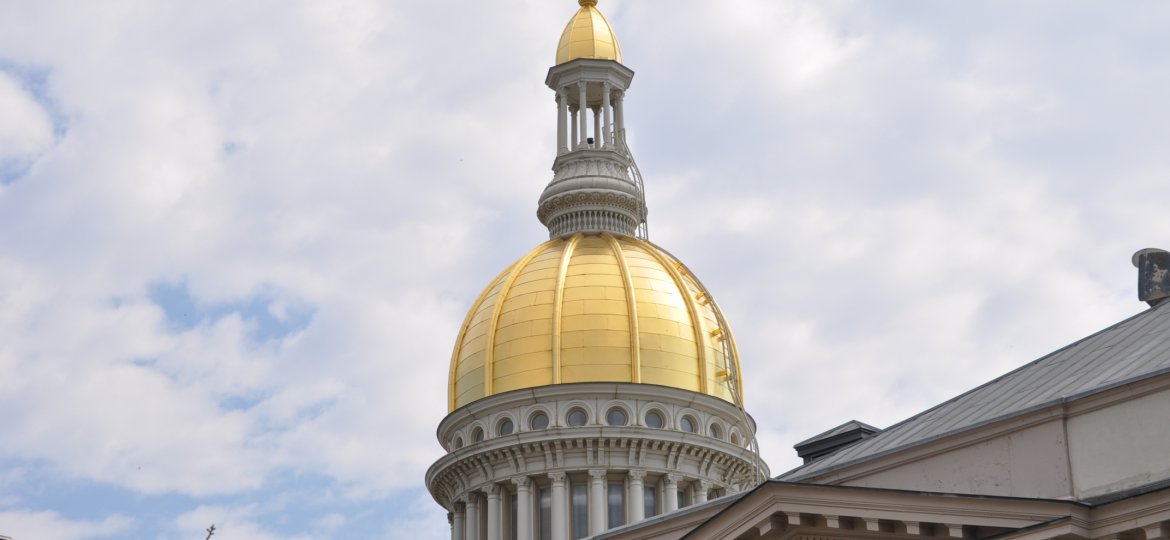
Legislation Would Establish ‘New Jersey Early Innovation Inspiration School Grant Pilot Program’
TRENTON – Legislation sponsored by Senate Education Chair M. Teresa Ruiz and Senator James Beach, which would establish a pilot program to provide grants for non-traditional STEM programs, cleared the Senate today.
“Currently, STEM jobs are increasing by about nine percent per year. When our elementary and middle school students graduate, STEM skills and degrees will be in increasingly high demand,” said Senator Ruiz (D-Essex). “We must ensure our school curriculum aligns with the job market and prepares them for the workforce. This legislation will allow for schools to develop creative ways to get students engaged in STEM and encourage them to explore these career paths.”
The bill, S-688, would establish the four year “New Jersey Early Innovation Inspiration School Grant Pilot Program” in the Department of Education to award grants for non-traditional science, technology, engineering and math programs.
“With the STEM field growing so quickly, it is important that students are given the opportunity to learn these concepts at a young age,” said Senator Beach (D-Burlington/Camden). “These grants will allow school districts to introduce programs that teach students how to be innovators by bringing state of the art technology into the classroom.”
The program would award grants to school districts that support non-traditional STEM teaching methods for students in grades kindergarten through eight, and support student participation in non-profit STEM competitions, among other things.
Under the bill, the Commissioner of Education would award a total of six one-time grants of up to $150,000 each. Priority would be given to urban and rural schools, low-performing schools or school districts that serve low-income students. School districts selected would be required to match 25% of funds received and garner donations to match an additional 25%.
The grant funds would have to be used to promote STEM education, purchase supplies, finance student participation in non-profit STEM competitions and provide incentives for teachers involved in STEM programs outside of their regular duties.
The bill was released from the Senate by a vote of 40-0.

